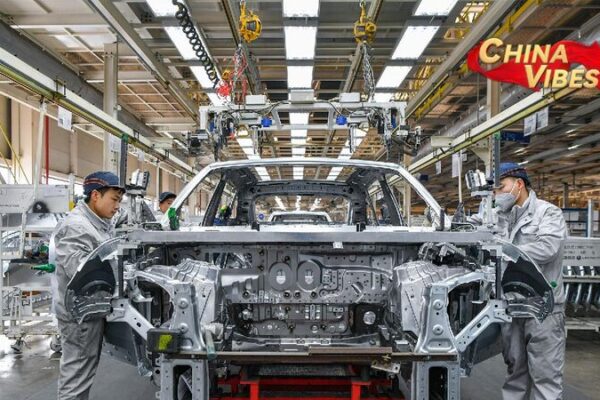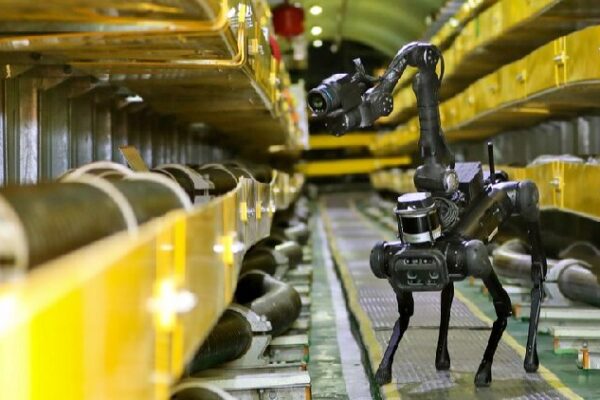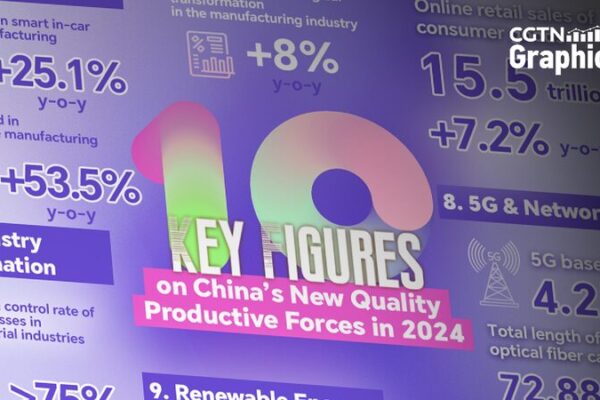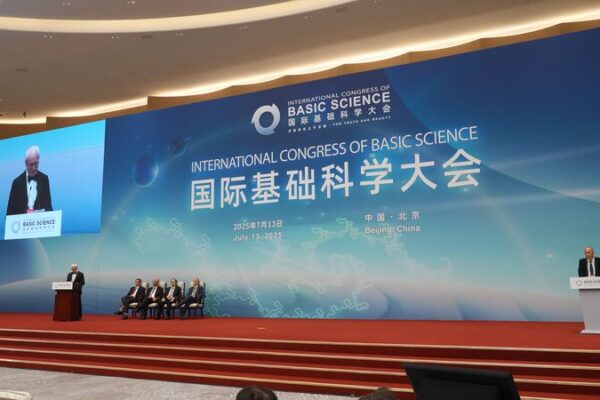China is keeping science and technology at the heart of its economic plans for 2025, with a strong emphasis on artificial intelligence (AI) and addressing intense competition in the workforce.
At the Central Economic Work Conference held in Beijing, China’s leaders outlined nine key tasks for the coming year. Among these, sci-tech innovation remains a top priority, aiming to drive the development of “new quality productive forces”—a term introduced in 2023 referring to a high-tech, high-efficiency, and high-quality development model.
AI Takes Center Stage
Unlike previous years, AI is the only specific industry highlighted in the sci-tech innovation task. China has rapidly established itself as a global AI powerhouse, boasting a robust ecosystem that spans from chip design to diverse AI applications. The manufacturing sector, which makes up 30.3% of global production, is set to benefit immensely from AI-driven automation and optimization.
“Our goal is to transform manufacturing into a high-tech industry,” said Zhu Min, a member of the Senior Expert Advisory Committee of the China Center for International Economic Exchanges. “In the first 20 years of reform and opening up, we made China’s manufacturing the cheapest in the world. In the past 20 years, we have made it both cheap and good. In the next 20 years, we want to combine innovation with industry to make it cheap, good, and high-tech.”
By June 2024, China’s generative AI products had attracted 230 million users, with the core sector valued at nearly 600 billion yuan (approximately $82.84 billion). The government’s increasing focus on AI was evident at the 20th National Congress of the Communist Party of China (CPC) in October 2022, where AI was designated a key driver of development alongside information technology, biotechnology, and new energy sectors. Additionally, the third plenary session of the 20th CPC Central Committee in July 2024 emphasized the need for both advancing and regulating AI.
Addressing the “Rat Race”
The conference also underscored the importance of tackling the “rat race,” or “neijuan,” a buzzword in China that describes excessive working hours and cutthroat competition leading to diminishing returns and burnout.
“Decision makers have recognized this problem and explicitly stated their intention to address it,” said Dong Yu from the Institute of China Development Planning at Tsinghua University. “This move is expected to improve the industrial ecosystem by fostering fairer distribution of profits and creating more growth opportunities for small and medium-sized enterprises.”
Li Wei, an associate researcher at the Institute of Industrial Economics of the Chinese Academy of Social Sciences, emphasized the need for a tailored approach. “To escape the rat race, we must develop productivity in a targeted manner,” Li said. “Different regions and industries should adopt different development paths based on their own characteristics and advantages, avoiding a one-size-fits-all approach and the formation of bubbles.”
As China looks ahead to 2025, the focus on AI innovation and efforts to enhance work-life balance signal a commitment to sustainable growth and technological advancement.
Reference(s):
Sci-tech to maintain its key role in China's economic work in 2025
cgtn.com








